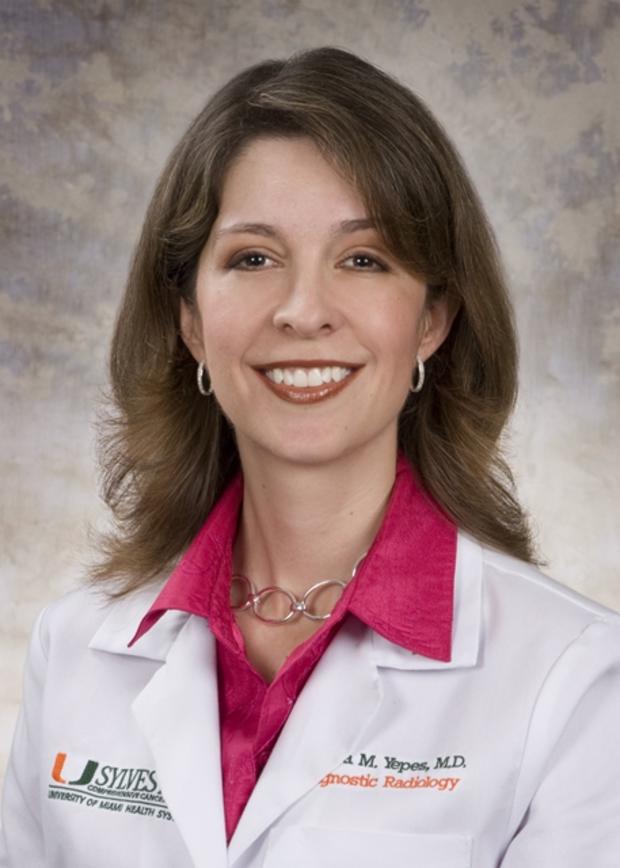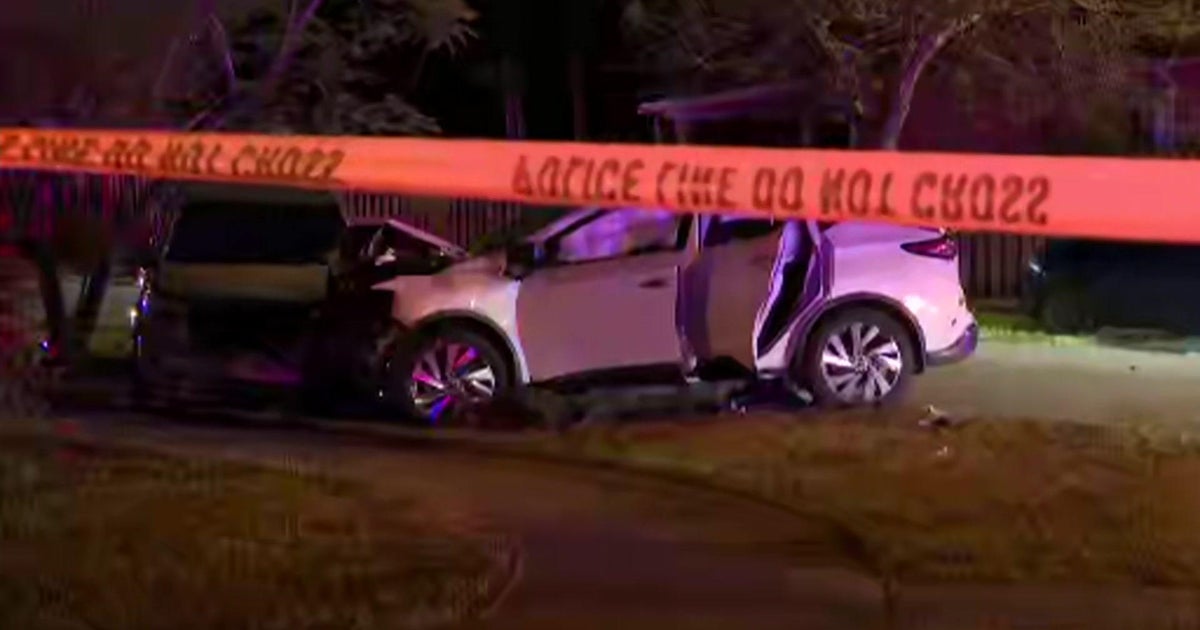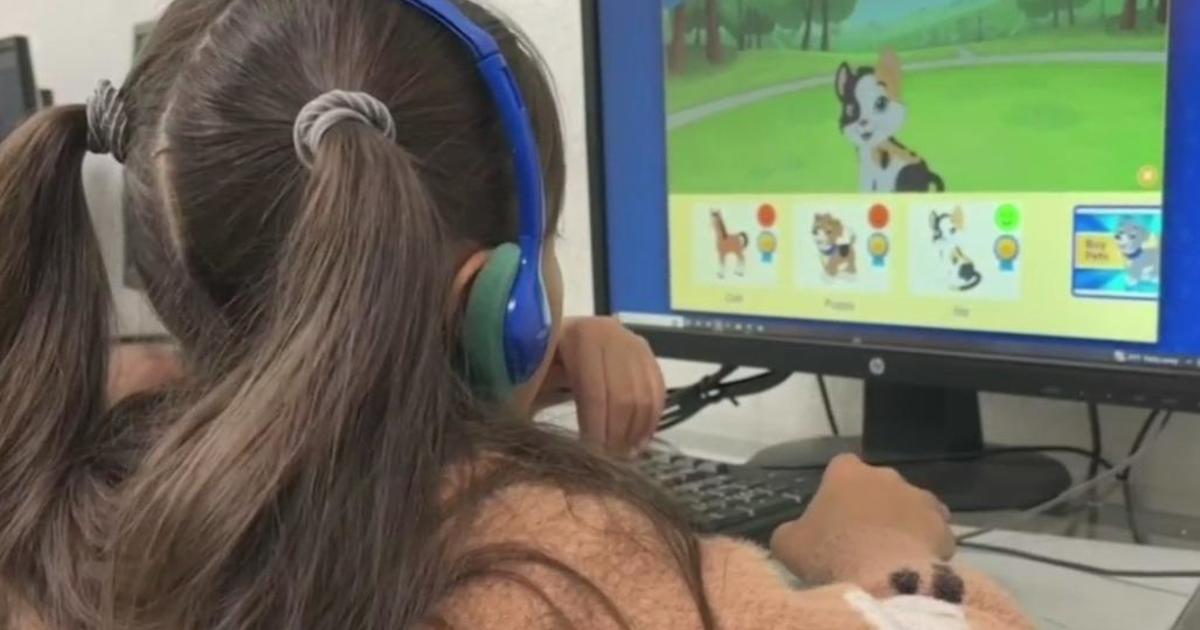3D Mammography Increases Odds Of Detecting Breast Cancer
Thanks to breast cancer awareness campaigns, women have become much more diligent in getting their annual mammograms. What many patients don't realize, however, is that not all mammography is the same.
The latest technology, digital breast tomosynthesis, or three-dimensional (3D) mammography, detects 41 percent more invasive breast cancers than traditional two-dimensional mammograms.
"With this more in-depth mammogram imaging, physicians at UHealth – the University of Miami Health System can more accurately detect invasive breast cancers in even the most difficult cases," said Dr. Monica Yepes, Director of Breast Imaging Services at Sylvester Comprehensive Cancer Center, part of UHealth. "We also send patients home knowing that results are more accurate and unnecessary follow-up testing is highly unlikely, creating a greater peace of mind in an often stressful situation."
3D mammography has improved detection rates and reduced false-positives because it enables physicians to see masses and distortions more clearly. "Unlike a 2D mammogram that takes flat images from only two angles, tomosynthesis obtains multiple images from a variety of angles through the entire breast, providing much more information," said Yepes, who is associate professor of radiology at the University of Miami Miller School of Medicine. "Even fine details become obvious because they're no longer hidden by surrounding tissue as they would be with a two-dimensional mammogram."
A study in the Journal of the American Medical Association reported that when used with standard digital mammograms, 3D mammography detects cancer more successfully while also producing fewer false-positive results. In a recent study, 15 percent fewer women had to return for follow-up testing because of an erroneous suspicious finding.
The ability to see the picture more clearly is important for all women, but it is critical for patients with dense breast tissue, who have less fatty tissue and more connective and glandular tissue, which makes finding cancer more difficult. Compounding the problem, patients with dense breasts are also as much as six times more likely to develop breast cancer.
"Women with dense breast tissue have the proverbial conundrum. They are more likely to develop breast cancer and physicians have greater difficulty identifying potential abnormalities from a two-dimensional mammogram," said Yepes. "Three-dimensional mammograms, and other screening technology like breast ultrasound and MRI, reveal so much more to us as diagnosticians. And for these patients, early detection is the key to survival."
While 3D mammograms are typically more expensive than a standard mammogram – approximately an additional $50 to $100 – many patients feel the expense is worth the peace of mind. At Sylvester Comprehensive Cancer Center, patients do not have to pay out of pocket for this additional service if their insurance does not cover the cost.
To make an appointment for a mammogram with a breast health specialist at the Braman Family Breast Cancer Institute at Sylvester Comprehensive Cancer Center, call 866-584-1942. You can schedule your annual mammogram at one of our convenient locations in Miami or Deerfield Beach.
Above content is provided by Sylvester Comprehensive Cancer Center.




